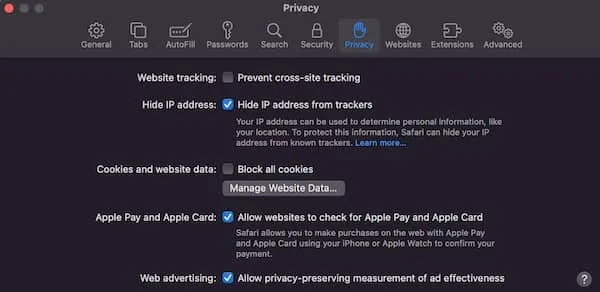Students
Student Advocacy Committee
ISNR Policy Regarding Student Affiliate Membership:
In April 2021, the ISNR Board of Directors voted to expand the definition of who is considered a student. Definition: A student shall be defined as any individual who is enrolled in a post-secondary institution and/or program accredited by accrediting agencies or state-approved agencies recognized by U.S. Department of Education or the Council for Higher Education Accreditation. Accreditation and student status may be documented by the institution’s registrar or bursar’s office and the student’s advisor. Acceptable communications of these documents include postal mail, email attachment, or fax to the ISNR administrative office. Student status is not discriminatory towards race, ethnicity, gender, course of study, academic institution, professional affiliations, employment, or financial status.
- Students must provide a letter from a university that indicates enrollment in a degree program.
- Ideally (but not required), should be taking at least a 50% minimum class load
- Included as “student”: undergraduates, masters, PhD/doctoral students (whether 1st or 2nd PhD), and residencies
- Documentation to confirm student status include (any of the below):
– Current year student ID
– Welcome letter to student program
– Transcripts
PLEASE NOTE: Post doc, interns, and research assistants are considered a “gray zone” and will be required to submit a request to ISNR as to why they should be considered as a student.
Become an ISNR Student Affiliate Member!
Benefits: Student status will provide the following opportunities:
- Significant discount on membership dues.
- Significant discount on conference registration.
- Significant discount on workshop or other ISNR sponsored training at the annual conference.
- Preferential selection for volunteer opportunities provided by ISNR.
- Invitation to all student events held during the annual conference.
- Eligibility to submit for any announced student restricted awards.
- Eligibility to be enrolled and participate on the ISNR Student Affiliate’s Google Group and Facebook Page.
- Access to the ISNR Journal, NeuroRegulation, and the ISNR Newsletter, NeuroConnections

